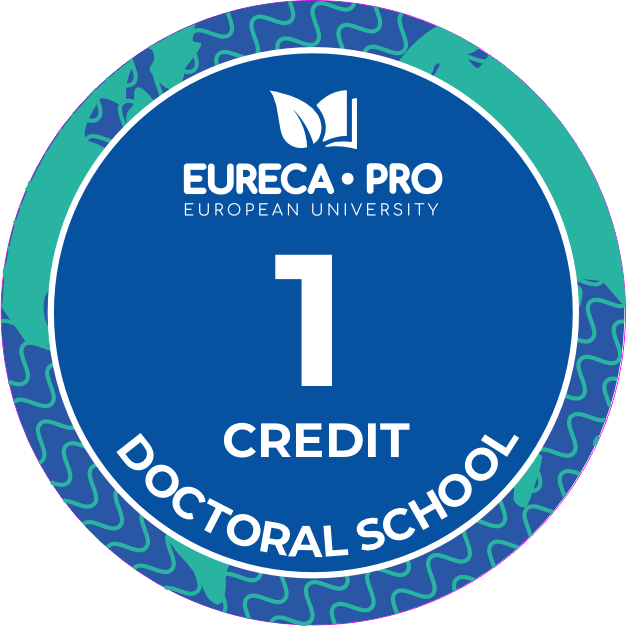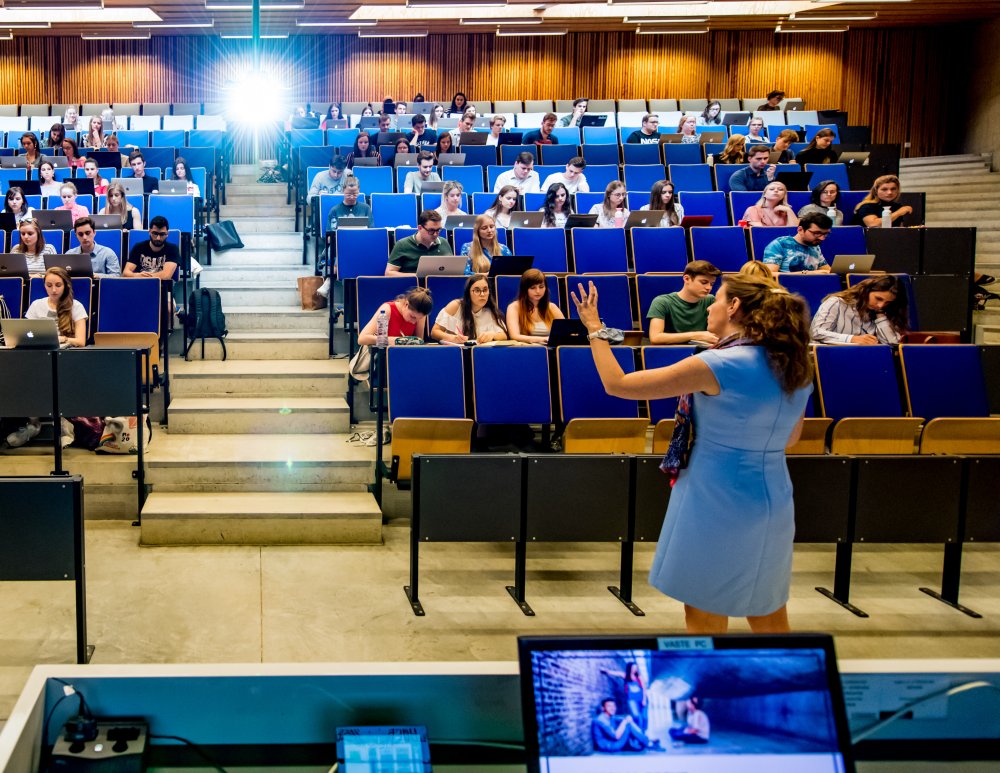Course Type:
Online Lecture
Number of places:
Non-limited
Starting date:
30/06/2025
Ending date:
30/11/2025
What is normal, or what is considered normal, is not only controversial but also changing, sometimes rapidly. The notion of normality is a colourful one. Is it a standard to be achieved? Or is “normal” not so good, but at best of average quality, like normal petrol in the past, which was not super? What would it mean if the world, which has lost its balance, were to return (?) to a “normal state”? And what does normality mean in an age of constant emergencies – be they pandemics, wars, climate change or new technologies? What is a “normal” German? What is a ‘normal’ man, a ‘normal’ woman, and how do we define psychological ‘normality’? What is a “normal” commitment to society? Over the course of seven evenings, we will explore the concept of normality, be inspired by speakers from a variety of scientific disciplines, and invite you to join us in a discussion of ‘normality’.
Targeted audience: academic staff, students, administrative staff and general public – no previous knowledge required!
Recognition of credits: 1 ECTS/60 hours
Place of delivery: Online | Via designated Moodle course link (and the recording): www.moodle.eurecapro.tuc.gr/enrol/index.php?id=115

Objectives:
- To critically examine the concept of normality from multiple disciplinary perspectives (e.g. sociology, psychology, politics, gender studies, cultural studies).
- To foster reflection on how what is considered “normal” is historically, socially, and culturally constructed and subject to change.
- To encourage public discourse and individual reflection on the implications of “normality” in times of crisis and transformation.
- To strengthen the dialogue between academia and the general public by offering accessible, thought-provoking presentations.
Competencies:
- Analytical Competence: Ability to critically analyze how concepts like “normality” are formed, challenged, and used in different societal contexts.
- Interdisciplinary Thinking: Capacity to integrate insights from various fields to form a holistic understanding of complex social constructs.
- Reflective Thinking: Skill in self-assessment and critical reflection on one’s own perceptions of normality.
- Communication Competence: Engaging in informed discussion and debate about sensitive or controversial social topics.
- Media and Discourse Literacy: Recognizing and interpreting how media and public discourse shape and shift norms.
Learning outcomes:
By the end of the series, participants will be able to:
- LO1: Describe how the concept of normality is understood differently across disciplines and contexts.
- LO2: Identify and analyze examples of how norms change over time and in response to social, political, and technological developments.
- LO3: Reflect on and articulate their own assumptions and biases regarding what is considered “normal.”
- LO4: Discuss the role of “normality” in identity formation (e.g., national, gender, psychological) and in societal expectations.
- LO5: Apply critical thinking to contemporary issues by questioning the desirability, fairness, or utility of striving for “normal.”
- LO6: Produce a well-structured reflective report that synthesizes lecture content with personal insights and relevant academic discourse.
Program
The lecture series at Mittweida University of Applied Sciences is a series of events in which several speakers focus on an overarching theme. Different perspectives and an understandable and appealing presentation are the top priorities. The lecture series is aimed at the interested public and members of the academic community.
Program:
- Lecture 1: ‘It’s such a warm feeling of home’: socio-psychological perspectives on the search for normality
- Lecture 2: DEFYING STRESS CRISES WITH RESILIENCE? Comments on a sought-after concept
- Lecture 3: ‘Between Normality and Taboo: The Invisible Violence against Women’
- Lecture 4: The opposite of mentally ill is healthy, not normal.
- Lecture 5: Is work really just half the battle? Normalcy in the Labour Society.
- Lecture 6: “Act normal!”
- Lecture 7: “Madness is the new normal.”
Evaluation criteria – Reflective Report:
Participants who wish to earn ECTS credits can follow the lecture programme online, after which they are required to answer some reflective questions. At the end, they must submit a reflective report on the entire topic.
Please check with your professor who is responsible for this module whether the ECTS credits earned are accepted by your faculty.
Demonstrates understanding of key themes, perspectives, and concepts from the lecture series. Accurately references ideas or arguments presented by the speakers.
Engages critically with the topic of normality. Demonstrates self-awareness and willingness to question assumptions. Connects the lecture material to personal, societal, or current issues.
Incorporates insights from multiple disciplines or lectures. Shows ability to compare, contrast, or synthesize different viewpoints.
Well-organized, logical flow of ideas. Clear introduction, development, and conclusion.
Appropriate academic or reflective tone. Correct grammar, spelling, and punctuation.
Uses examples or quotations from the lectures appropriately. Cites other sources where relevant (optional).
| Course duration | 32 working units |
| Workshops | — |
| Lectures | 7 lectures, 2 working units each (=90 minutes) = 14 working units |
| Student preparation | |
| Student homework | 2,6 working units per lecture (=117 minutes)= 18 working units |



